With a burning desire to bring Vietnam into deep integration with the world , former Deputy Prime Minister Vu Khoan made many important contributions to the process of opening up the country.
Born in 1937 in the old Ha Tay, now Hanoi, Mr. Vu Khoan's life was closely linked to his diplomatic career. He himself once wrote: "I worked in the diplomatic sector for 45 years, from 1955 to 2000. If we include the time I worked at the Ministry of Trade (partly also doing economic diplomacy) and participating in the leadership of the Party and State (in charge of foreign affairs), then my whole life was spent in diplomacy."
Excellent diplomat
In 1954, before finishing 7th grade, Mr. Vu Khoan was sent to the Soviet Union to study Russian. After 9 months of studying, he went to the Embassy to work as an interpreter. In 1964, while studying at the Moscow State University of International Relations (MGIMO), he was sent back to Vietnam before graduating.
Starting his career in the translation department of the Ministry of Foreign Affairs , translating for leaders of ministries, departments, and serving delegations, he always kept in mind that this profession is very important. Interpreters are bridges connecting countries. "If that bridge is rickety, shaky, and the planks fall out, international relations can stagnate. If that bridge is solid and easy to cross, the exchange between nations will be better," he once wrote.
According to Ambassador Vu Ho, son of Mr. Vu Khoan, the diplomatic profession is unique and full of challenges, but his father has found harmony between the levels of national, regional and international relations. "This is his great contribution, especially in the complex international context, full of conflicting interests. He has a broad foreign policy vision, always putting the highest goal of bringing benefits to the country," said Ambassador Vu Ho.
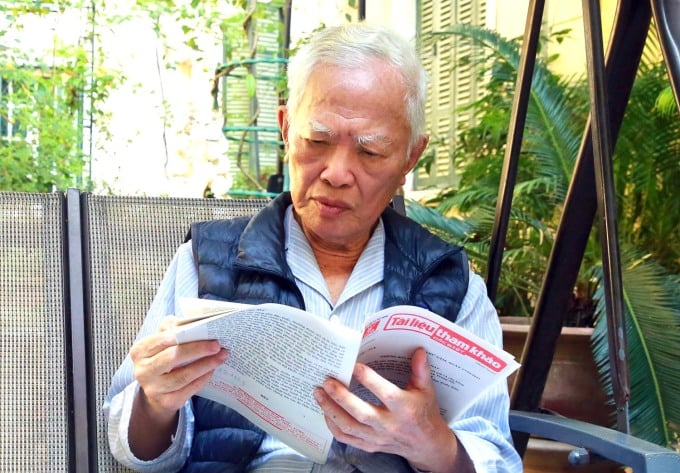
Former Deputy Prime Minister Vu Khoan. Photo: VGP
Vietnam's major negotiations such as the Paris Agreement, joining ASEAN, WTO, BTA... all bear his mark. "These were all very difficult negotiations in which Mr. Vu Khoan, with his open-mindedness, contributed to successfully handling complex issues, contributing to Vietnam's deep integration into the international community," said former Vietnamese Ambassador to Middle Eastern countries Nguyen Quang Khai.
Not only in major negotiations, Mr. Vu Khoan's diplomatic talent is also shown through his straightforward but humorous style at press conferences. In the book "A Few Diplomatic Tricks" , he recounted that at a meeting, a reporter asked why Vietnam kept nurturing loss-making businesses. He replied: "We are closely following how the Enron Electric Corporation in the US will be handled to learn from experience" (at that time, a scandal related to the losses of this business was breaking out).
Another time a foreign reporter asked provocatively about human rights and democracy in Vietnam, Mr. Khoan replied: "Every nation in the world drinks alcohol. That is a common value. But Americans often drink Gin, the British like Whisky, the French drink wine all day, the Japanese often sip Sake, the Russians only like Vodka, the Chinese consider Maotai the national wine, but we Vietnamese like the so-called national liquor. The issue of human rights and democracy is the same."
Promoting international integration
After 1975, Vietnam emerged from the war with many difficulties and economic embargo. At that time, the Vietnam Chamber of Commerce and Industry (VCCI) played the role of a bridge to establish the first relationships for Vietnam to open up to the world market. In 1982, Samsung Group began to explore entering Vietnam. When asked for his opinion, Mr. Vu Khoan immediately supported it. Many large Korean corporations later appeared and invested in Vietnam.
"The early relations of the opening period all had the mark of former Deputy Prime Minister Vu Khoan, who was then working at the Ministry of Foreign Affairs," recalled economist Pham Chi Lan. As Deputy Minister of Foreign Affairs, Vu Khoan prepared the procedures for Vietnam to join ASEAN in 1995.
Former Deputy Prime Minister Vu Khoan often said that Vietnam must go out to sea, and to go out to sea, it must be strong, understand the international rules, know itself, and know others. He promoted the view of taking economic benefits as a common point between the parties to put the past behind and cooperate towards the future. "He clearly saw the potential economic benefits when cooperating with each country, not just using trade as a secondary channel to establish diplomatic relations. He demonstrated economic benefits to convince even those who did not agree with Vietnam and its partners," said Ms. Lan.
In 2000, when he became Minister of Trade, the first important task assigned to Mr. Vu Khoan was to complete negotiations to sign the Vietnam - US Trade Agreement (BTA). Ms. Lan recalled that at the end of 2001, with the Vietnamese delegation, he went to the US to sign documents to complete the BTA agreement. At a reception in Washington, Minister of Trade Vu Khoan was invited to speak.
He stepped forward, smiled brightly and wittily said: "Last night I had a dream. I dreamed that my American friends here today would wear shirts made in Vietnam, eat shrimp exported from Vietnam, drink delicious coffee and tea from Vietnam." The whole audience was surprised, delighted and then applauded. The American friends happily replied, "That dream will certainly come true soon."
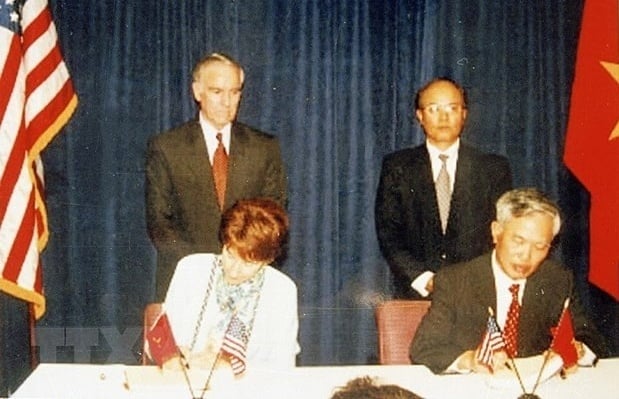
Minister of Trade Vu Khoan (right cover) and US Trade Representative Charlene Barshefsky signed the Vietnam - US Trade Agreement in Washington DC on July 13, 2000. Photo: VNA
Vietnam applied to join the World Trade Organization (WTO) in 1995 and began the process of preparation and negotiation. Since becoming Minister of Trade and Deputy Prime Minister in 2002, Mr. Vu Khoan considered joining the WTO a key task. However, by the end of 2005, Vietnam had still not been admitted to the WTO, causing many people to worry, even believing that the negotiation strategy was wrong.
In the hallway of the National Assembly at that time, Deputy Prime Minister Vu Khoan said that Vietnam tried its best but not at all costs to join the WTO. Vietnam could not accept things that could not be done or things that could potentially destroy the economy, only accepting commitments that could be implemented. "Negotiating with one country is tiring, with 28 countries it is even harder. When I wanted to negotiate, this person was busy, that person said I didn't have time," he said.
In 2006, after many tireless efforts to complete a huge amount of work, Vietnam completed negotiations to join the WTO, opening a big gate to integrate with the world.
Along with promoting international cooperation, Mr. Vu Khoan also made efforts to amend the domestic legal system on economics and trade according to WTO standards. If in the previous period, the National Assembly only passed 5-6 draft laws each year, then in 2002-2005, each year it passed or amended 20-25 laws.
In the last years of his life, the former Deputy Prime Minister was still concerned with the current situation. In an article on VnExpress in May 2020, after sharing his views on the importance of talent, he said that "talent must have ambition, must be dedicated, passionate about learning, exploring, creating, and living honestly, and should not only demand one-sidedly from society. If everyone is like that, where will we find talent to make the country rich and strong, thereby having the ability to treat talent appropriately?".
Former Deputy Prime Minister Vu Khoan passed away at 7:05 a.m. on June 21 at the 108 Central Military Hospital, Hanoi, at the age of 86.
Mr. Vu Khoan's funeral was held according to State protocol. The Party Central Committee Secretariat established a State Funeral Committee of 26 members, headed by Deputy Prime Minister Le Minh Khai.
The coffin of former Deputy Prime Minister Vu Khoan will lie in state at the National Funeral Home, 5 Tran Thanh Tong, Hanoi. The visitation will start at 8:00 a.m. and the memorial service will start at 1:30 p.m. on June 27. Mr. Vu Khoan will be laid to rest at Mai Dich Cemetery, Hanoi.
Source link





![[Photo] Bustling Mid-Autumn Festival at the Museum of Ethnology](https://vphoto.vietnam.vn/thumb/1200x675/vietnam/resource/IMAGE/2025/10/4/da8d5927734d4ca58e3eced14bc435a3)
![[Photo] Solemn opening of the 8th Congress of the Central Public Security Party Committee, term 2025-2030](https://vphoto.vietnam.vn/thumb/1200x675/vietnam/resource/IMAGE/2025/10/4/f3b00fb779f44979809441a4dac5c7df)
![[Photo] General Secretary To Lam attends the 8th Congress of the Central Public Security Party Committee](https://vphoto.vietnam.vn/thumb/1200x675/vietnam/resource/IMAGE/2025/10/4/79fadf490f674dc483794f2d955f6045)
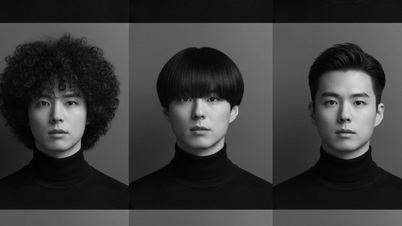

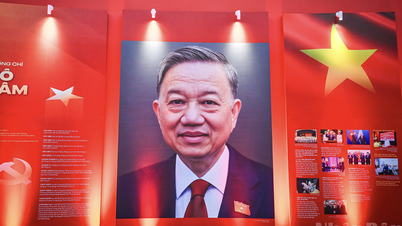

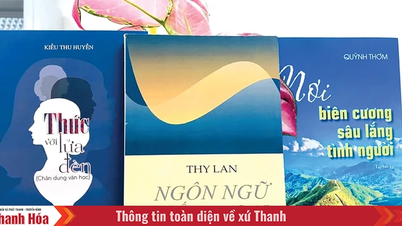

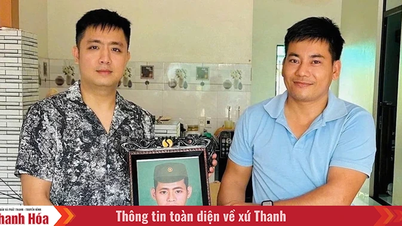
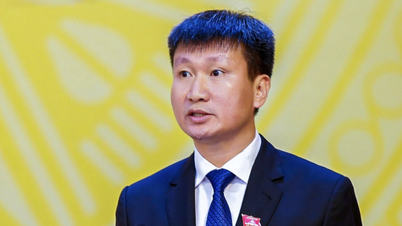
















































![[VIDEO] Summary of Petrovietnam's 50th Anniversary Ceremony](https://vphoto.vietnam.vn/thumb/402x226/vietnam/resource/IMAGE/2025/10/4/abe133bdb8114793a16d4fe3e5bd0f12)
![[VIDEO] GENERAL SECRETARY TO LAM AWARDS PETROVIETNAM 8 GOLDEN WORDS: "PIONEER - EXCELLENT - SUSTAINABLE - GLOBAL"](https://vphoto.vietnam.vn/thumb/402x226/vietnam/resource/IMAGE/2025/7/23/c2fdb48863e846cfa9fb8e6ea9cf44e7)






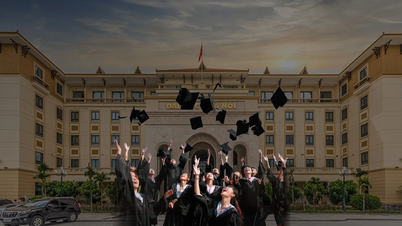

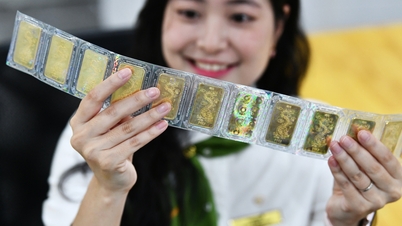







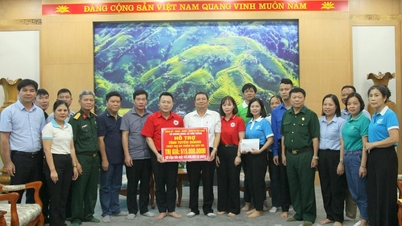

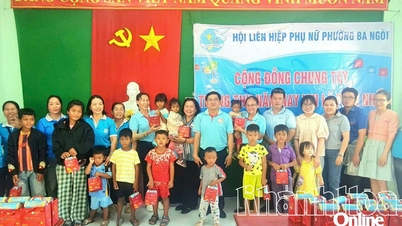

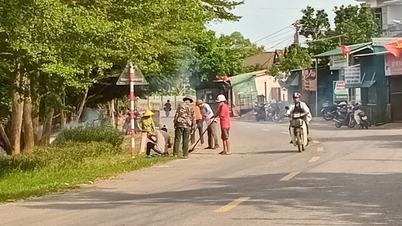
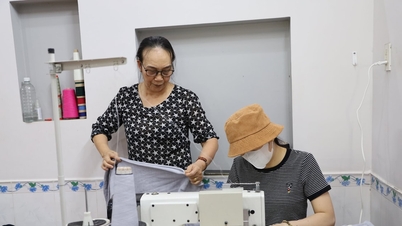

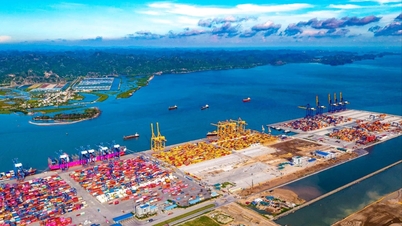

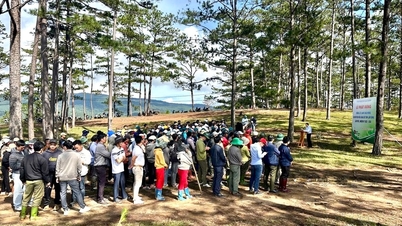





Comment (0)